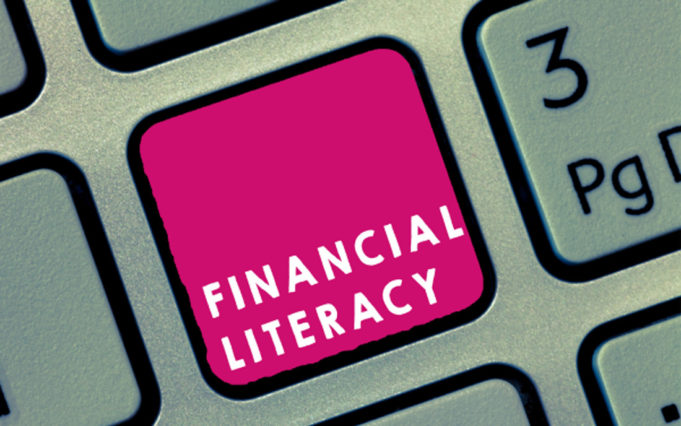Taking control of your personal finances might sound like a boring task, or something that only people with high-paying jobs need to worry about. But that’s not the case. Managing your money is for everyone.
Whether you’re earning a lot, just starting out, or somewhere in between, having a clear picture of your finances can make a huge difference.
When you have your finances in order, you’re more prepared for surprises. You avoid late fees, cut down on stress, and can even start building toward goals like travel, buying a home, or retiring comfortably. You stop guessing about your money and start making real choices with it.
This isn’t about getting rich overnight. It’s about creating stability in your day-to-day life. When you understand your income, spending, and debts, you feel more confident.
You can make smarter decisions, avoid risky situations, and give yourself some breathing room—even if your income stays the same.
Let’s take a closer look at why this is so important and how you can start, step by step.
Why Disorganized Finances Can Cause Stress
If you’re not tracking your money, small issues can grow into bigger problems without you noticing. Maybe you overspend a little one month, then do it again the next. Maybe you forget about a subscription or a bill. Suddenly you’re dealing with overdraft fees or credit card debt.
This kind of stress doesn’t just stay in your wallet—it can follow you to work, your relationships, and your health. It’s tough to feel calm or focused when you’re always worried about whether you can make it to your next paycheck.
Ignoring financial problems doesn’t make them go away. But facing them, even in small ways, helps you take back control.
Small Habits Make a Big Difference
You don’t need to turn your whole life upside down to manage your money better. Just a few habits can go a long way. Try writing down everything you spend for one week. You might be surprised at what you learn.
Set a weekly reminder to check your bank account. Use cash or debit instead of credit if that helps you stick to a budget. Pay bills as soon as they come in or schedule automatic payments if you can.
Little by little, these habits build trust in yourself. You’ll start seeing patterns, cutting out things you don’t need, and making room for the things you do.
Use Tools That Make It Easier
Technology can help you keep your finances on track. You don’t need a spreadsheet or a background in accounting. Apps like budgeting trackers and banking tools can give you a quick look at your spending.
A good tool to try is a loan calc, or loan calculator. This lets you figure out what a loan will actually cost you over time. You type in the amount, interest rate, and the number of months, and it shows you what your monthly payments will be.
Using a loan calc helps you avoid surprises. It also helps you compare offers before you borrow money, so you don’t get stuck with payments you can’t afford. Whether it’s a student loan, car loan, or personal loan, this tool gives you a clear view of what you’re signing up for.
Build an Emergency Fund
An emergency fund is money set aside for things you didn’t see coming—like car repairs, vet bills, or medical expenses. Having even a few hundred dollars saved can stop a small emergency from turning into a major financial crisis.
You don’t need to save it all at once. Try to set aside a little from each paycheck. Some apps or banks let you automate this so it happens without you thinking about it.
Plan For Short-Term and Long-Term Goals
Once your basic needs and emergency savings are covered, it’s time to think about goals. Maybe you want to move to a new city, go back to school, or take a trip next year. Having your finances in order helps you make these goals real.
Write them down. Break them into smaller steps. Figure out how much they’ll cost, and what you need to save each month. Watching that progress feels good—and it keeps you motivated.
The Long-Term Payoff
When your money is organized, your future opens up. You’re not just reacting to life—you’re making choices. You can plan ahead, enjoy more freedom, and feel secure even when things don’t go exactly as planned.
You’ll also be in a better place to help others if you want to. Whether that’s supporting your family or giving to a cause you care about, financial stability gives you that option.
Final Thought
Getting your finances in order doesn’t mean having everything perfect. It means understanding your situation, being honest about what needs to change, and using tools that help you stay on track.
It’s about building a stronger foundation for yourself, no matter where you’re starting from. Even small progress adds up. You’ll feel more relaxed, more confident, and more ready for whatever comes next.
Money doesn’t have to be confusing or stressful. With a little effort and some good tools, you can make it work for you—and that’s a change worth making.











